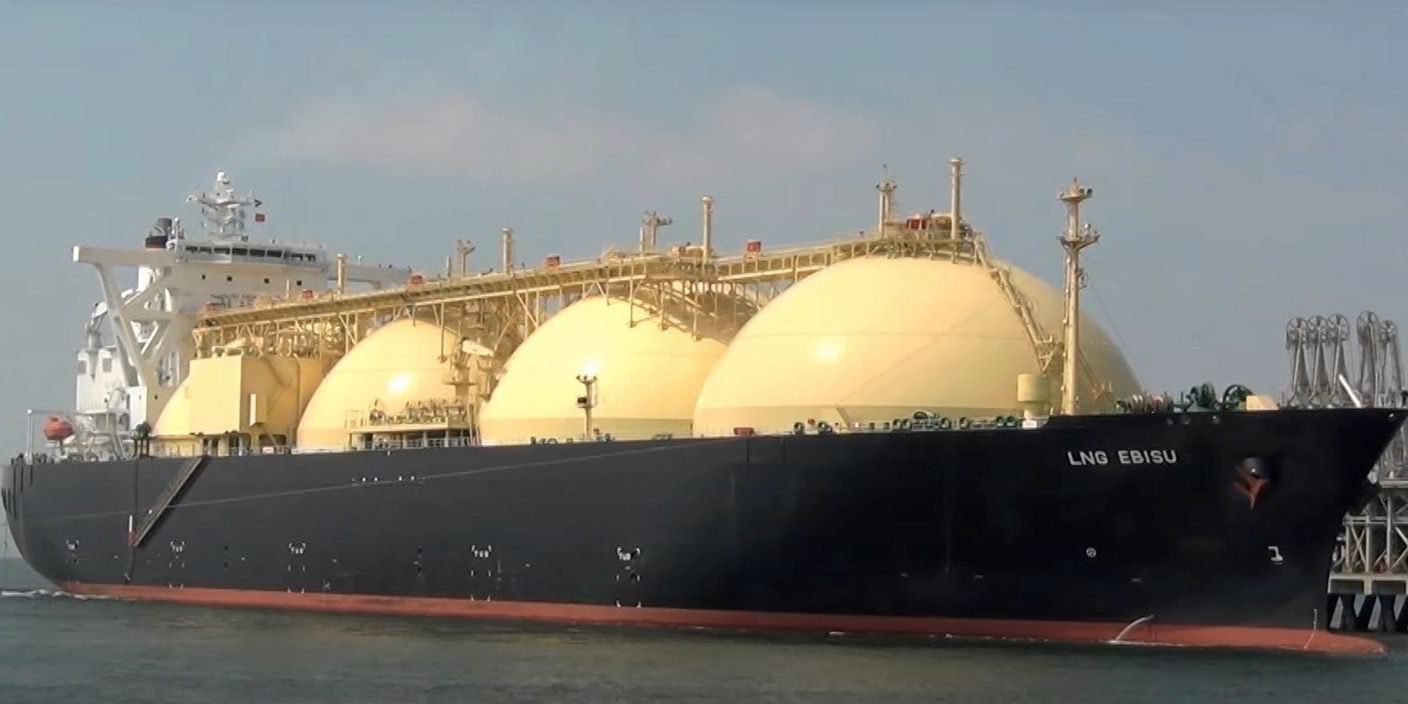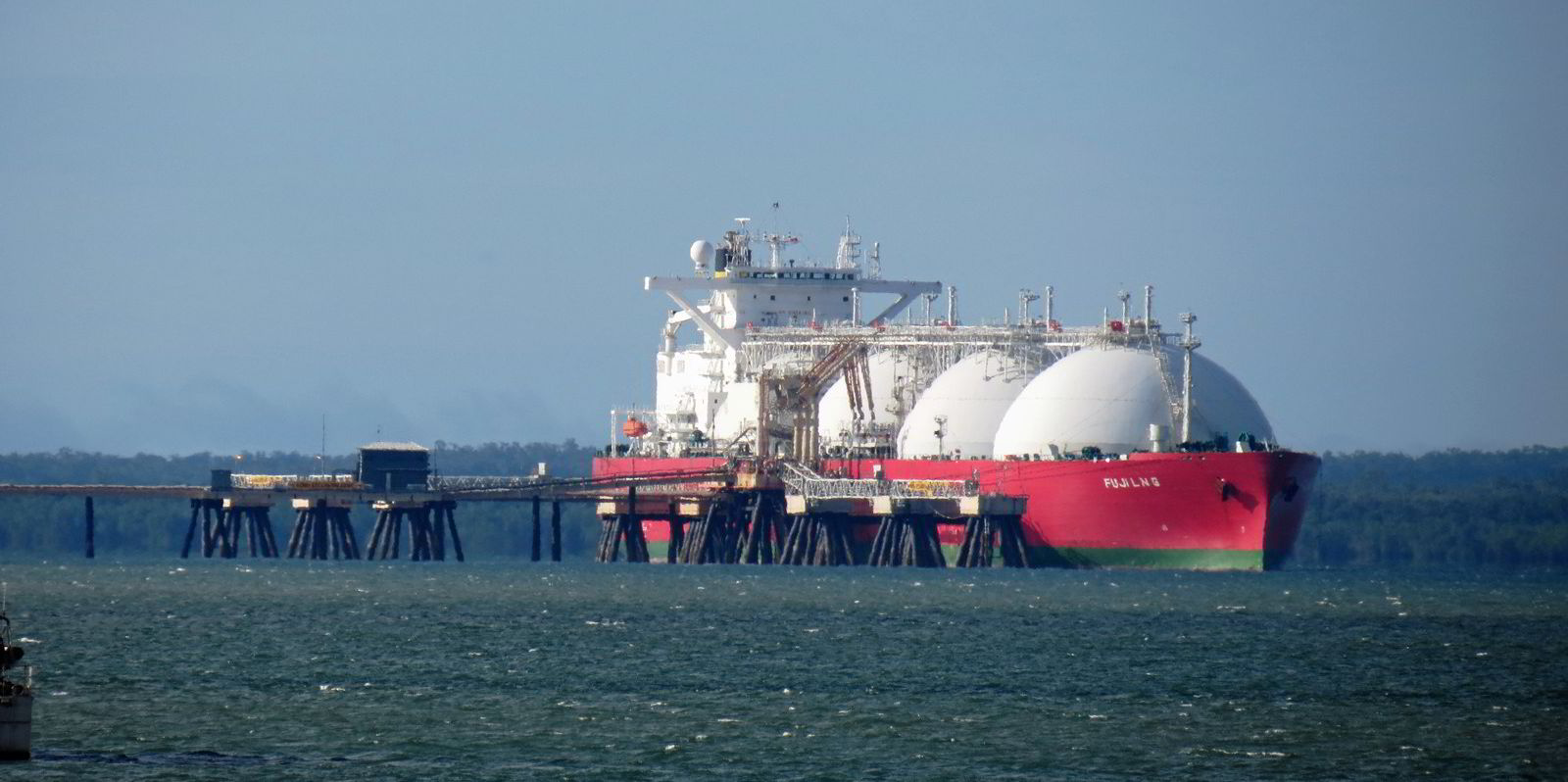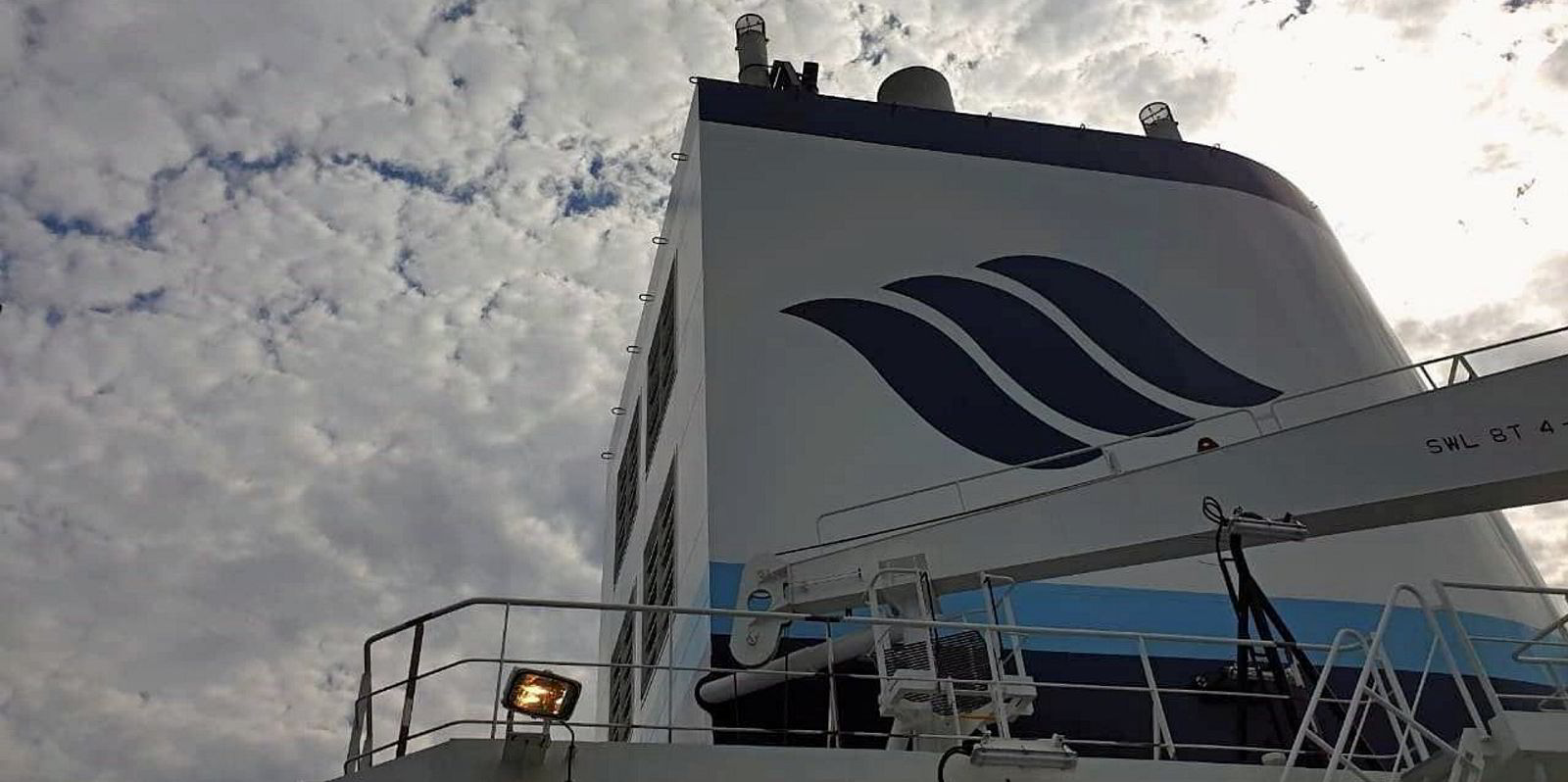A 15-year-old, steam turbine-driven LNG carrier controlled by Mitsui OSK Lines and Karpowership joint venture KARMOL has been offered for sale in what is slowly transforming into a more liquid sale-and-purchase market for this sector.
Shipowners and brokers said the 147,546-cbm LNG Ebisu (built 2008) has become the latest steamship to be put on the market.
They indicated that Moss-type vessels, whose tank types are resistant to cargo sloshing, are most likely to find a buyer from those looking for ships that would make good candidates for LNG storage projects or for short inter-regional trading.
Brokers said that while there have been a number of secondhand sales of steam-turbine vessels in the last few months, it is tricky to compare recent deals.
One broker pointed to Golar LNG’s deal to pay $77.5m for TMS Cardiff Gas’ 149,172-cbm, Moss-type Fuji LNG (built 2004), which was announced in February, as the nearest comparable sale.
But several highlighted that Golar, which has paid a $5m deposit for a likely delivery in early 2024, was specifically searching for a large Moss-type vessel to fit its requirement for a ship to convert into the storage element of its floating LNG production unit.
Contributing factors
Industry players have suggested that this may have firmed the price on the Fuji LNG.
The secondhand market for LNG carriers has made a buoyant start to 2023, with almost $500m-worth of sales either concluded or agreed upon and more expected.
In a new fortnightly S&P market report, Fearnley LNG said: “We believe that the market is now beginning to resemble a secondhand market, which is an exciting development for the industry.”
The LNG Ebisu was built in Japan for domestic utility Kansai Electric Power Co. MOL had a stake in the vessel, which at one point was dedicated to lifting cargoes from Australia’s Pluto LNG project to Japan.
At some point more than a year ago, MOL sold the vessel into its joint venture with KARMOL. But few details have emerged.
KARMOL has converted three LNG carriers into floating storage and regasification units to serve partner Karpowership’s vessels as they transitioned over to burn gas.
Karpowership also bought a secondhand LNG carrier that it has used to ship a cargo into one of the FSRUs.
But the two joint-venture partners appear to have opted to offload the LNG Ebisu rather than move forward with a conversion.






